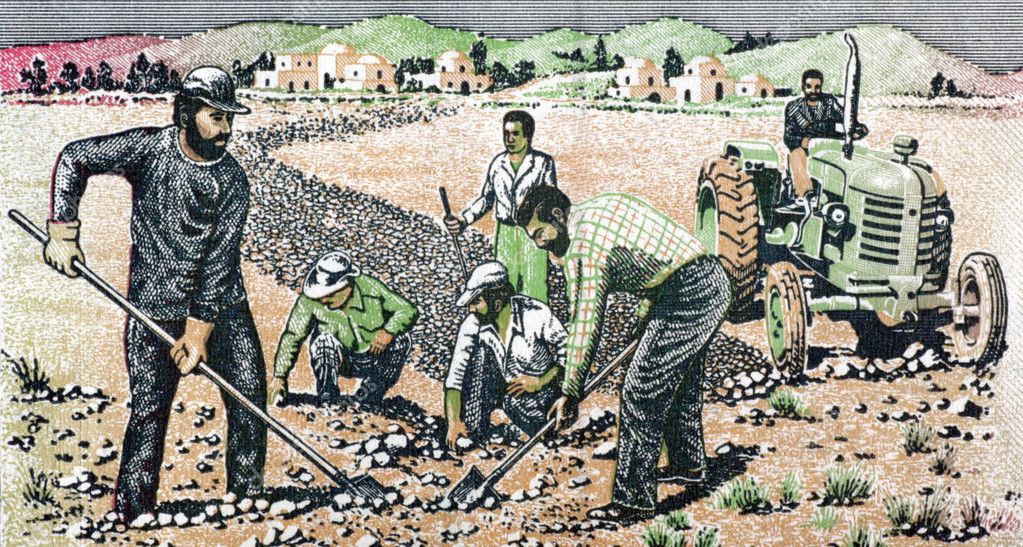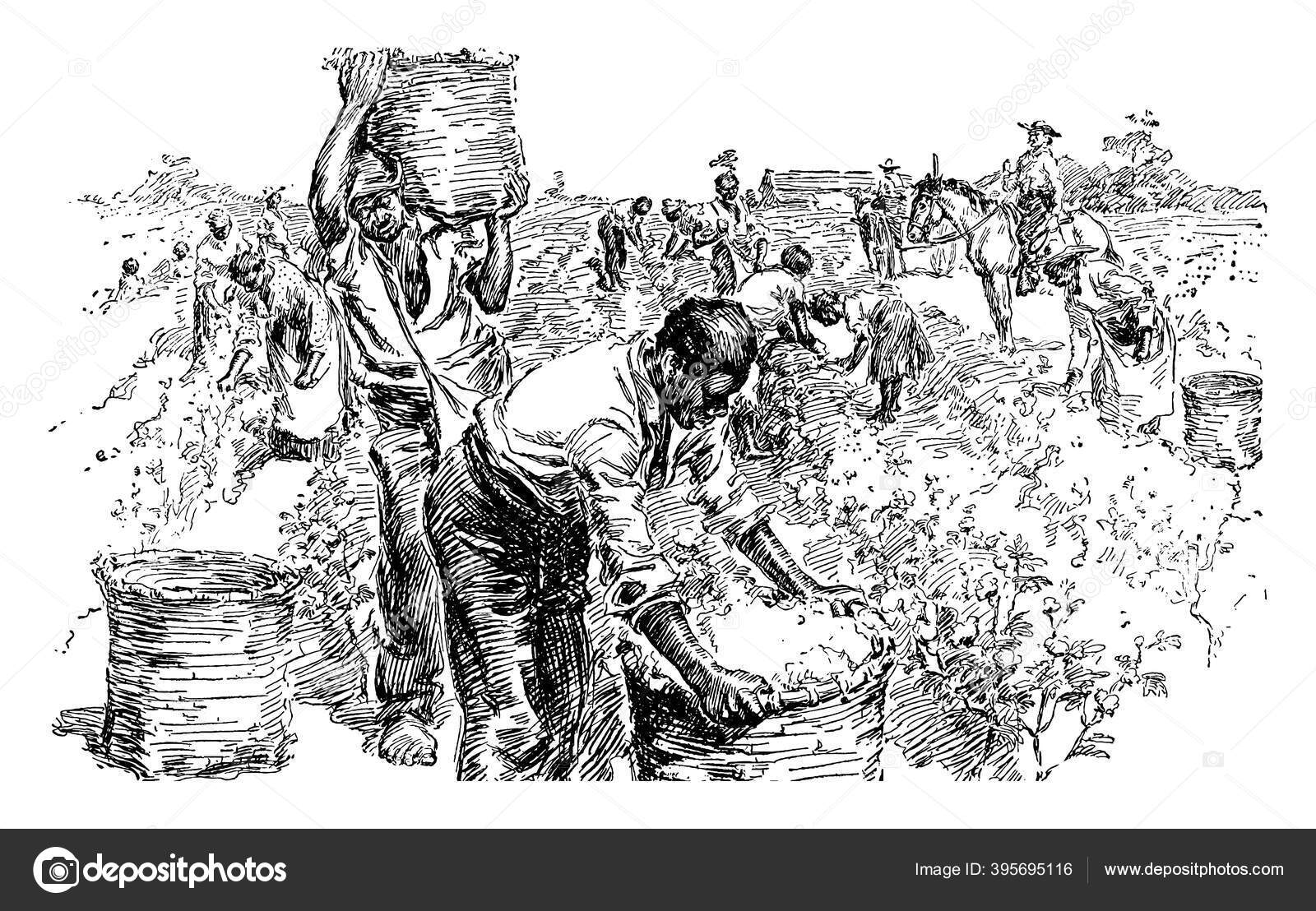5 minutos de español: la chamba del penúltimo día del año / 5 minutes of Spanish: la chamba / the job- English and Spanish version
 |
| tips to take care of covid on the way to work |
Hola, ¿Qué tal?
Good morning good afternoon or good night depending on where you are or the time you hear us. In these five minutes of Spanish in the middle of the week we are going to talk about different ways of referring to work.
 |
But today is
December 30th, the day before the last day of the year and are we going to talk
about work?
If tomorrow is the last
day of the year 2020 and today is the antepenultimate and of course we are
going to talk about work, why not?
In Mexico, work is
called Chamba.
We Mexicans “chambeamos”,
we don't work.
Me voy a chambear. I´m going to work
Es un chavo muy chambeador. He´s
a very hardworker guy
Estoy chambeando te llamo cuando termine. I´m working I call you when I finish.
Where does the
word “chamba” come from?
It is believed that it
comes from the Chamber of Commerce. In the 1940s, Mexican braceros worked in
the fields of the United States in agricultural tasks and when their contract
ended they would go to their local Chamber of Commerce to apply for new work.
They were people with
little formal education, so in their bad English they would say, "Voy a la
chamba o voy a la Chamber. I'm going to Chamber of Commerce.
Was there a work
agreement in those years between the two countries?
Yes, a treaty between
the governments of the United States and Mexico, because labor was needed,
given the participation of the United States in World War II. This agreement lasted from 1942 to 1964.
It is a very common
word in Mexico and is a noun that was verbalized:
la chamba: work
and,
chambear: to work.
It is worth
knowing, if you pay attention you will hear it.
It is of course
colloquial, not of the written language.
Is it accepted by
the Royal Academy?
Yes, in 2014 it was
accepted, but they differ in the origin of the word. They say it is of
Portuguese origin, "chambao", which means unskillful.... or “chiripa”
fluke which is coincidence: “Ganó de chiripa” (he won by chance). It would be an older origin; they say it was
already used in 1886.
The interesting thing
is that all these words with "ch" like “chamba, mochila” (bag-pack)
or “mucama” (cleaning lady) come from the African to the Spanish. This is
because those who most traded slaves in America were the Portuguese. In other
words, this origin of words related to work would be African contributions to
Spanish.
I like the origin
of 1940 better: "Chamber of Commerce".
Are there other
words for the job?
Yes, laburo in
Argentina and Uruguay or el curro in Spain. In Mexico we also say “andar en
friega”.
Me encanta mi laburo. I love my job
Estoy laburando. I´m
working
Es un laburante. He´s a worker
They are common
expressions in the Rio de la Plata.
“Laburo” in this
case comes from “lavorare” in Italian. Throughout Latin America, but especially
in the Rio de la Plata, (Argentina and Uruguay) there was a lot of Italian
immigration.
Just like in the United
States!
Are we Mexicans “chambeadores”?
Yes, “se chambea mucho
en México” people work a lot in Mexico, “de hecho” (in fact - actually), Mexico
is the country where people work the most average hours per inhabitant, in the
world: 2,224 hours per year, followed by Costa Rica. (OECD 2017)
But, ..... are “chambas”
well paid?
No, that's why the poverty
rates, especially among women and children, are so high. But that's the subject
of another podcast!
A good “chamba”
listening to us this penultimate day of the year
Yes, we made you “laburar”
a little bit .....
We “te tuvimos en friega” kept you working for
more than 5 minutes reflecting on the “chamba” (work), “el laburo” (work) and
the origin of these words so common in Spanish.
Thank you very
much for getting here in the podcast.
We wish you a 2021
with a lot of “chamba”, the good one ....
It is good “chambear” (to
work) for the soul.
Our new site:https://spanishuptoyou.com/ is very good for practicing Spanish and learning
about our customs, visit us!
Share it with your
friends! We invite you to listen to our new podcasts next year
Happy 2021 See you son.
Bye-bye
Spanish version / Versión en español
Buenos días buenas tardes o buenas noches según el lugar en
donde estés o la hora en la que nos escuches. En estos cinco minutos de español
a la mitad de la semana vamos a hablar de diferentes formas de referirnos al
trabajo.
Pero
hoy es 30 de diciembre, antepenúltimo día del año y ¿vamos a hablar del trabajo?
Sí, mañana es el último día del año 2020 y hoy es el
antepenúltimo y claro que vamos a hablar del trabajo, ¿por qué no?
En
México al trabajo se lo llama chamba.
Los mexicanos chambeamos, no trabajamos.
Me
voy a chambear. I’m going to work
Es un chavo muy chambeador. He´s a very hardworker guy
Estoy
chambeando te llamo cuando termine. I’m working I call you when I finish.
¿De dónde viene la palabra chamba?
Se cree que viene de Chamber of commerce, es que en la
década de 1940 los braceros mexicanos trabajaban en los campos de EE UU en
tareas agrícolas y cuando se terminaba su contrato iban a la Chamber of
Commerce de su localidad a solicitar nuevo trabajo.
Eran personas con poca educación formal, por ello, en su mal inglés decían: “Voy a la chamba o
voy a la Chamber”. I´m going to Chamber
of Commerce.
¿Había
un acuerdo de trabajo en esos años entre los dos países?
Sí, un tratado entre los gobiernos de EE UU y México, pues se
necesitaba mano de obra (labor force), dada la participación de los EEUU en la
Segunda Guerra Mundial. Este acuerdo
duró desde 1942 a 1964.
Es una
palabra muy común en México es un sustantivo que se verbalizó:
la
chamba: el trabajo y,
chambear:
trabajar.
Vale
la pena saberlo, si prestan atención lo van a escuchar.
Es por supuesto coloquial, no del lenguaje escrito.
¿Está
aceptado por la Real Academia?
Sí, en el 2014 fue
aceptada, pero difieren en el origen de la palabra. Dicen que es de origen
portugués, “chambao”, que significa poco hábil….o chiripa que es casualidad: “Ganó de chiripa” (he
won by chance). Sería un origen más antiguo, dicen que ya se usaba en
1886.
Lo interesante es que todas estas palabras con “ch” como
chamba, mochila (bag-pack) o mucama (cleaning lady) vienen del africano al
español. Esto pues quienes más comercializaban esclavos en América eran los
portugueses. O sea que este origen de palabras relacionadas con el trabajo serían aportes africanos al español.
A mí
me gusta más el origen de 1940: “Chamber of Commerce”
¿Hay
otras palabras para referirse al trabajo?
Sí, laburo en Argentina y Uruguay o el curro en España, En
México también decimos “andar en friega”
Me encanta mi laburo. I
love my job
Estoy
laburando. I´m working
Es un
laburante. He´s a
worker
Son
expresiones comunes en el Río de la Plata.
Laburo
en este caso viene de “lavorare” en italiano. En toda América Latina, pero
especialmente en el Río de la Plata, (Argentina y Uruguay) hubo mucha
inmigración italiana.
¡Igual que en los Estados Unidos!
¿Somos
chambeadores los mexicanos?
Sí, se chambea mucho en México, de hecho (actually), México
es el país en el que se trabaja más horas promedio por habitante, en el mundo:
2,224 horas por año, seguido por costa Rica. (OCDE 2017)
¿Pero,…..son
chambas bien pagadas?
No, por eso los índices de pobreza sobre todo en mujeres y
niños. Pero eso es tema de otro podcast!
Una buena chamba escucharnos este penúltimo día del año
Sí, te
hicimos laburar un poquito…..
Te tuvimos en friega por más de 5 minutos reflexionando
sobre la chamba, el laburo y el origen de estas palabras tan comunes en el
español.
Muchas
gracias por llegar hasta aquí en el podcast
Te
deseamos un 2021 con mucha chamba….¡de la buena!
Es bueno chambear para el alma
Nuestro
nuevo sitio: https://spanishuptoyou.com/
es muy bueno para practicar español y conocer nuestras costumbres, ¡visítanos!
¡Compártelo con tus amigos! Te invitamos a escuchar nuestros
nuevos podcasts el año que viene
Feliz 2021 💝💝💝
Nos vemos,chau, chau






Comentarios
Publicar un comentario